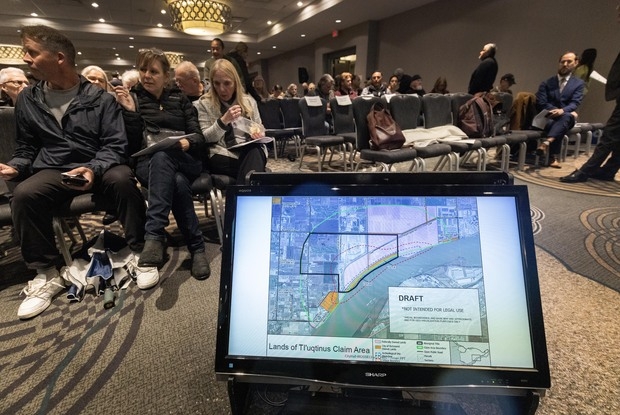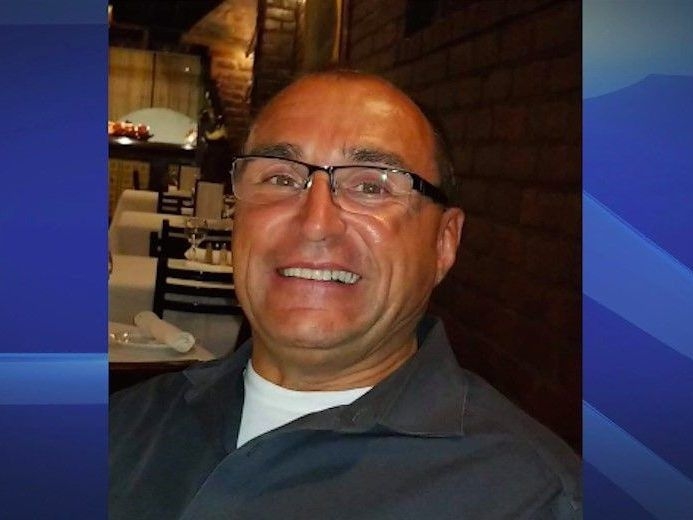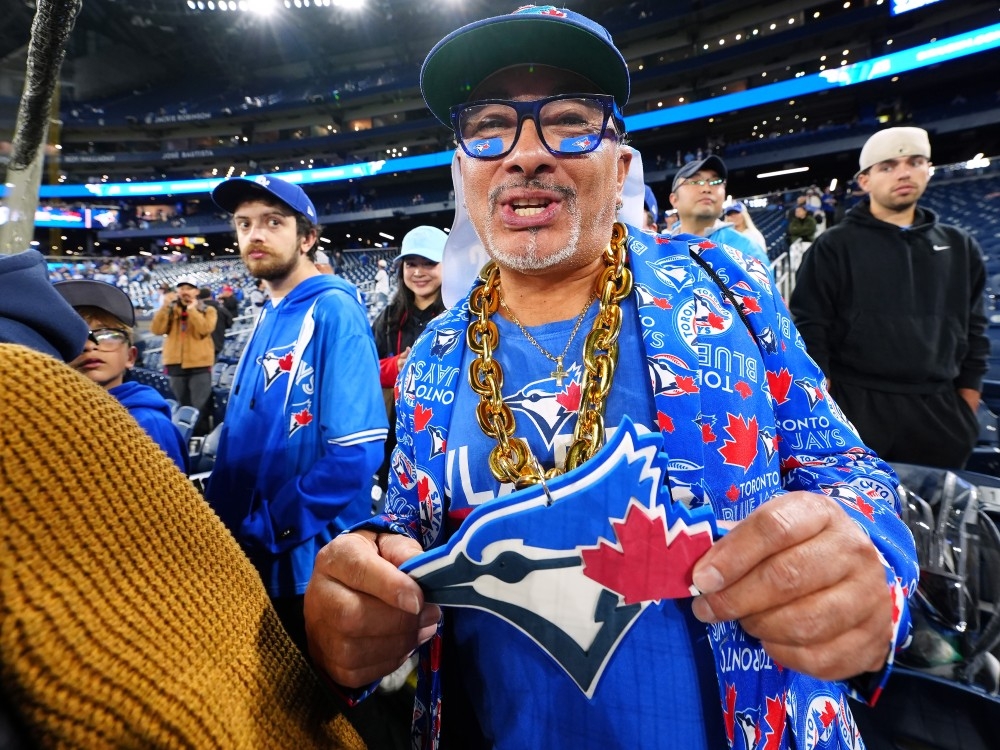A shadow of uncertainty has fallen over property ownership in British Columbia, sparked by a recent Supreme Court decision. The ruling, affirming Aboriginal land title claims by the Cowichan Tribes, threatens the established rights of landowners on portions of Lulu Island, a region within Metro Vancouver.
The decision isn’t merely a legal technicality; it directly impacts the Crown, the City of Richmond, a local golf course, and, most alarmingly, numerous private homeowners. Residents are now grappling with the unsettling possibility of losing title to the land they believed was rightfully theirs.
A new poll reveals that a significant majority – 67% – of British Columbians are deeply concerned about the implications of this ruling, fearing a ripple effect across Canada. The City of Richmond has already begun notifying 150 property owners, warning them their ownership is potentially compromised, and with it, the value of their homes.

The core of the dispute centers on areas where the Cowichan people historically established summer salmon fishing villages. The court acknowledged these traditional sites, effectively prioritizing ancestral claims over existing property titles. This has ignited a debate about the balance between reconciliation and the security of private property rights.
While Lyackson First Nation Chief Shana Thomas hails the decision as a “landmark victory for indigenous justice” and a step towards reconciliation, the prevailing sentiment in British Columbia paints a different picture. The poll indicates that 60% believe the ruling will actually *harm* relationships between First Nations and other residents of the province.
The controversy extends beyond provincial borders, with some raising concerns about a potential precedent for similar claims across the country. A Conservative leader has called for federal intervention, warning that virtually any area in the province could be affected by this legal shift.
This case arrives at a time when Canadian perspectives on Indigenous land rights are already divided. A recent separate poll showed that only 38% of Canadians believe Canada “first and foremost” belongs to Indigenous people, while 43% disagree – highlighting a deep-seated tension in national identity and historical understanding.
The situation is complex, fraught with emotional weight, and demands careful consideration. It forces a reckoning with the past and a difficult conversation about the future of land ownership and reconciliation in Canada. The outcome will undoubtedly shape the relationship between Indigenous communities and the broader population for generations to come.





